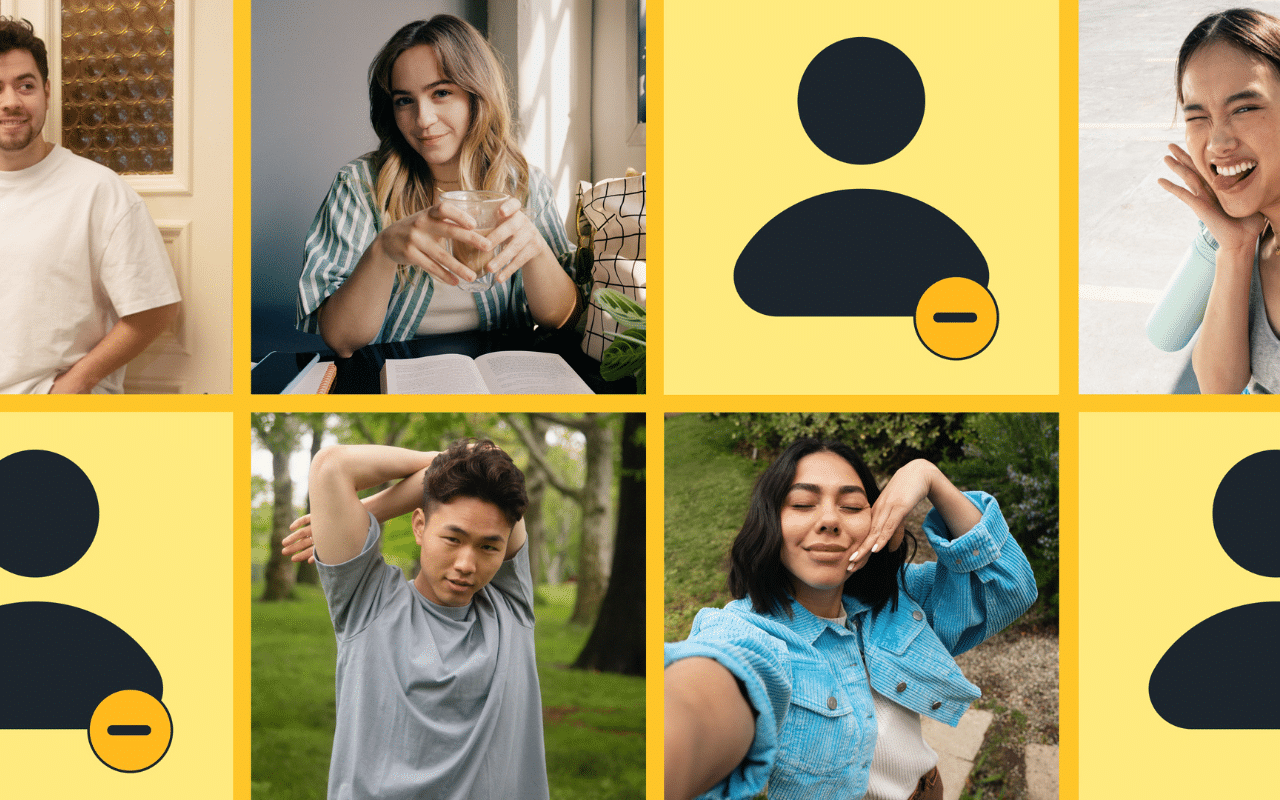
In the wake of Taylor Swift’s deepfake saga last week, it’s clear that Gen Z needs to be careful online.
From scrolling the TikTok FYP to flicking through a dating app, the digital world is flooded with fabricated content, scams, and fake profiles these days. Many of us have become better at identifying a catfish online. But, as technology advances, distinguishing between reality and fiction is becoming increasingly difficult.
While legislation lags and social media platforms grapple with the challenge of regulation, internet users are left in a precarious position— struggling to protect themselves as they navigate the digital world.
New research* from Bumble Inc., shared with Centennial World, has provided insight into how such an environment impacts the online dating experience.
After surveying people worldwide, fake profiles were reported as the top concern while online dating. This was particularly prominent among women,** with nearly half expressing anxiety about the authenticity of their online matches on dating apps.
In a bid to support its users, Bumble has introduced the Deception Detector— a novel AI feature designed to identify spam, scams, and fake profiles. The aim is to be proactive, blocking fake accounts before users even encounter them.
Deception Detector has quickly proven to be highly effective. Since its introduction, member reports of spam, scams, and fake accounts have decreased by 45%.
“Bumble Inc. was founded with the aim to build equitable relationships and empower women to make the first move, and Deception Detector is our latest innovation as part of our ongoing commitment to our community to help ensure that connections made on our apps are genuine,” said Lidiane Jones, CEO at Bumble Inc., in a statement.
As the Deception Detector works to make the online dating world safer, it’s clear that Bumble is leading the way when it comes to trust in this all-new AI era.
*Bumble Inc. State of the Nation Report 2023: All data was commissioned by Bumble Inc. within August and September 2023 with a global sample size of 28,000 people.
**The research was conducted by Censuswide on behalf of Badoo, among a sample of 8004 18+ Respondents who are single/using dating apps or have used dating apps within the last six months in the UK, France, Germany and Spain

